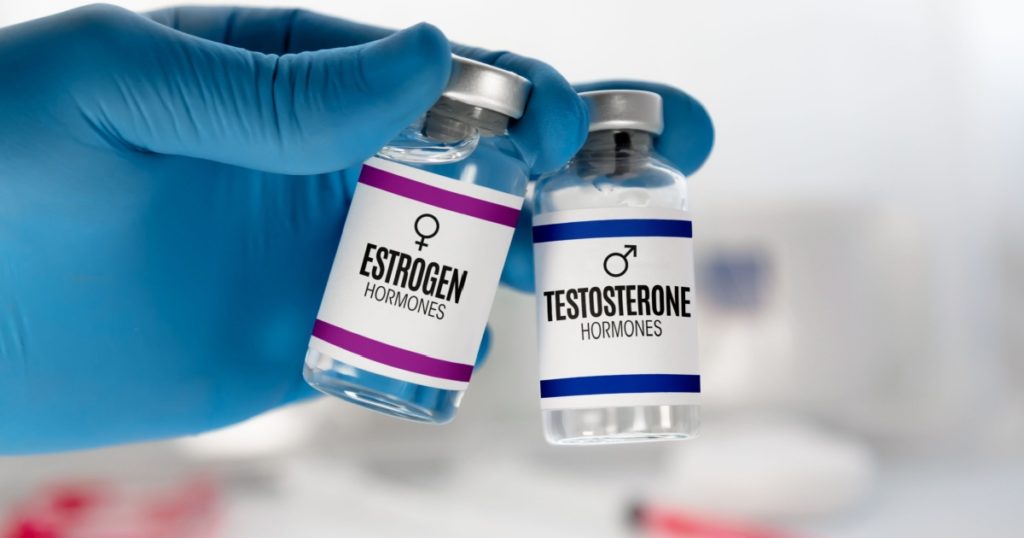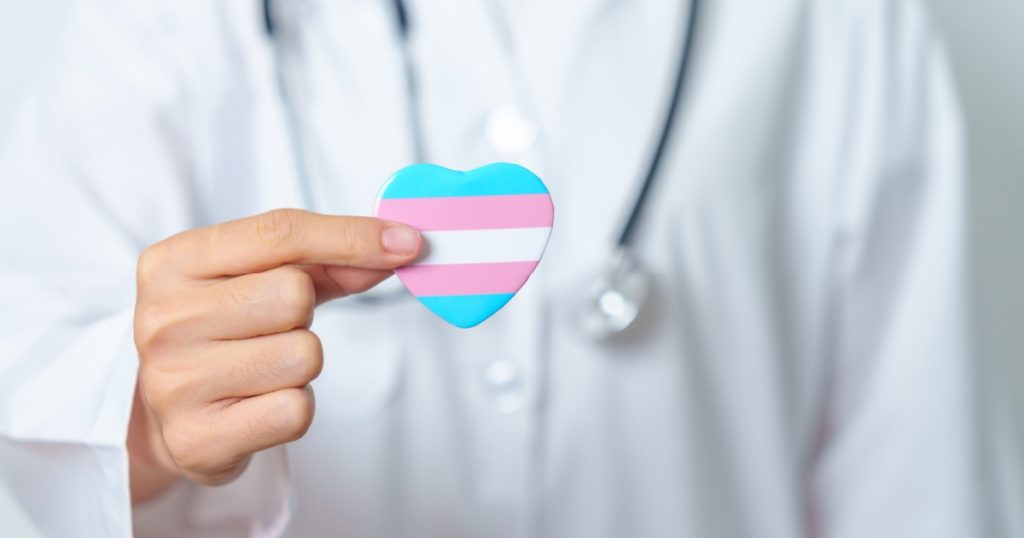Written By: Maureen Cargill
In recent times, the sensitive topic of gender transitioning for children has stirred heated debates and triggered concerns among experts and the public alike. A recent leak of internal discussions from the World Professional Association for Transgender Health (WPATH) has shed light on the complexities and controversies surrounding treatments for transgender children. These leaked files have sparked fears about the effects of medical interventions on minors, raising questions about informed consent, the age limits for certain procedures, and the potential long-term impacts of transitioning at a young age.
Leaked Files from WPATH Stoke Fears About Treatments for Transgender Children: A Call for Education and Research

The leaked discussions, brought to light by the non-profit organization Environmental Progress (EP), offer a rare glimpse into the private conversations among healthcare professionals and activists within WPATH. Concerns expressed in these exchanges revolve around the extent to which children can comprehend the irreversible effects of procedures like sterilization, the appropriateness of starting puberty blockers at a young age, and the challenges of obtaining informed consent from minors undergoing gender-affirming treatments. (1)
Read More: Midwives told to say ‘chestfeeding’ instead of ‘breastfeeding’ in gender-inclusive move
With over 2,000 members, WPATH plays a significant role in setting standards of care for individuals with gender dysphoria

Most of many countries, such as the UK, the United States, and Canada, protocols in treating gender dysphoria have been aligned with WPATH recommendations. However, the leaked files have brought to the fore conflicting opinions among healthcare providers regarding the best approaches to care for transgender youth.
The Controversy

One of the central tenets put forth by WPATH is the provision of puberty blockers and gender-affirming hormones to youth with gender dysphoria, provided they demonstrate emotional and cognitive maturity for informed consent. However, discussions within WPATH have highlighted the challenges of ensuring proper informed consent. This is especially true when dealing with minors who may not fully grasp the implications of their decisions.
The leaked files also touch on issues such as the potential loss of fertility

It also explains the rise in demand for non-standard surgeries for non-binary individuals, and concerns about detransitioning among youth who may later regret their choices. It speaks to topics that minors may have trouble understanding or seeing the value in, such as the ability to experience sexual pleasure. These revelations underscore the need for a more nuanced and cautious approach to gender transitioning for children, taking into account individual circumstances and mental health considerations. “I think the thing you have to remember about kids is that we’re often explaining these sorts of things to people who haven’t even had biology in high school yet,” explained a prominent Canadian endocrinologist in a videotaped discussion. In speaking of explaining the potential loss of fertility to say, a 14 year old, he said in theory that would work, but in practise it is more difficult. “I know I’m talking to a blank wall,” he said. “And the same would happen for a cisgender kid, right? They’d be like, ‘Ew, kids, babies, gross.’”
Read More: School in Spain Teaches Boys How to Do Household Chores to Stop Gender Inequality
In the video, they continue to discuss these implications

They speak of Dutch reports that show what they call “reproductive regret” when these children reach their 20s and beyond. The endocrinologist said that these reports don’t shock him. “Now that I follow a lot of kids into their mid-twenties, I’m like, ‘Oh, the dog isn’t doing it for you, is it?’ They’re like, ‘No, I just found this wonderful partner” and now want kids.” he said.
The Cancer Concern

Part of the leaked documents discusses the potential of puberty blockers and hormonal treatments such as testosterone to cause cancer. While there has been some anecdotal evidence, experts caution against taking this claim, amongst everything else highlighted in the leaked documents, for fact. They claim that these individual anecdotes are being purposefully misrepresented and don’t properly show what the real statistics are. “When you hear of a one-off case, you have to balance that against the tens of thousands of people who’ve been on testosterone and are doing well,” said Carl Streed, a physician, president of the United States Professional Association for Transgender Health, and WPATH board member. (2)
The Other Side of The Argument

Critics argue that the leaked files have been cherry-picked and do not represent the full spectrum of discussions within WPATH. While voices within the association acknowledge the need for improved counseling and informed consent processes, the debates surrounding gender transitioning for children continue to be complex and multifaceted. “When you read through [the leaked messages], it really is clinicians having conversations with each other trying to understand, ‘What would you do in this situation? This is what I’m thinking,’” said Streed, who read the entire report. “It all sounds like it’s pretty much conversations that I would expect among clinicians about clinical care.”
Read More: When my child was born, I decided to raise them without a gender. I was told it was ‘child abuse’.
More Education Required

In light of these revelations, it is evident that there is a pressing need for more education and research in the field of gender dysphoria and transgender healthcare. Parents, healthcare providers, and policymakers must work together to ensure that children and adolescents receive appropriate and ethical care that prioritizes their well-being and long-term health outcomes. While the leaked files from WPATH have raised legitimate concerns about the current state of gender transitioning for children, they also highlight the importance of fostering a more open and collaborative dialogue among stakeholders in the field. By promoting education, research, and evidence-based practices, we can strive towards a healthcare system that provides safe, effective, and ethical care for transgender children and adolescents.
The Bottom Line

The leaked documents from WPATH serve as a wake-up call to reevaluate our approach to gender transitioning for children. By advocating for more education, research, and inclusivity in healthcare practices, we can pave the way for a more informed and empathetic model of care that prioritizes the well-being and autonomy of transgender youth.
Read More: She Was Criticized For Wearing Transparent Wedding Dress, But Fires Back at Critics
